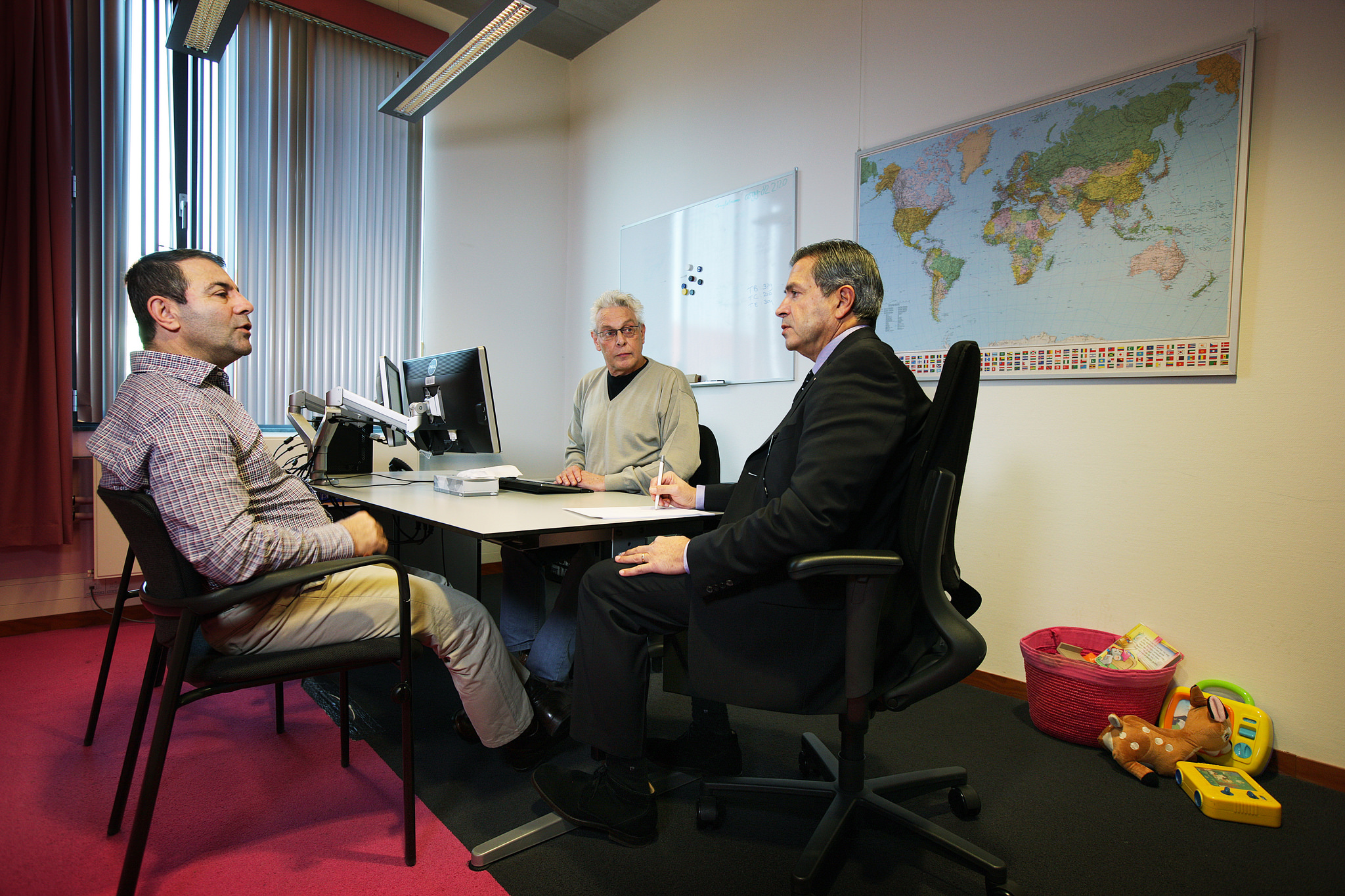Latest blog articles
-
What is the perspective of several countries on punitive damages in and outside of Europe? What issues arise from the recognition and enforcement of foreign (mostly US) punitive damages judgments? How do different countries view the public policy exception?
These questions and more were among the...
-
Over the few past years, there has been a professionalization of social media content creators. These creators now have the power to sway their followers, start trends, or serve as role models for their audiences. These individuals, that have such online persuasive power, are called “influencers”...
-
On 15 October, the Swedish Consumer Agency, its Scientific Council and Maastricht University (in particular the Law & Tech Lab) hosted the webinar 'Consumers and businesses in digital markets – An unequal relationship?’, focused on bringing together the perspectives of national consumer authorities...
-
Last November, the European Commission (EC) sent the Netherlands an advice stating that the Netherlands should amend its tax rules. The Dutch tax rules prevent that pension accrued in the Netherlands can be transferred when you move abroad. The so-called cross-border value transfer of pensions...
-
SMECC stands for School, Minimum standard, Education, Child-friendly policy and care-Continuum. Imagine SMECC as a flat drawing of a house. The regulatory backstop is the minimum standard in family litigation for competent parenthood – far on the horizon, however, a necessary fundament of human...
-
The coalition agreement of Rutte-III proposed to abolish the dividend tax, but not completely... It states that this Tax will be maintained in situations of abuse, in order to prevent tax evasion. (Dutch only)
-
Last week, the Dutch and Belgian ombudsmen called on their governments to take action in the context of pensions problems for unemployed cross-border workers, aged 65, and living in Belgium. In response to this call, a possible solution by Expertise Centre ITEM is elaborated in this blog.
This blog...
-
Asylum seekers usually do not cross borders with a bag of documents. They have lost their personal belongings or have been confiscated by smugglers. Oral statements are therefore the only proof of origin. (Dutch only)
-
Rethinking how we make our value judgments, not just by asking a litany of “why questions”, but through a more systematic process – as advocated by Hage – enables us to debate with one another at a much deeper level, rather than settling for a superficial conversation based on our (sometimes flawed)...








